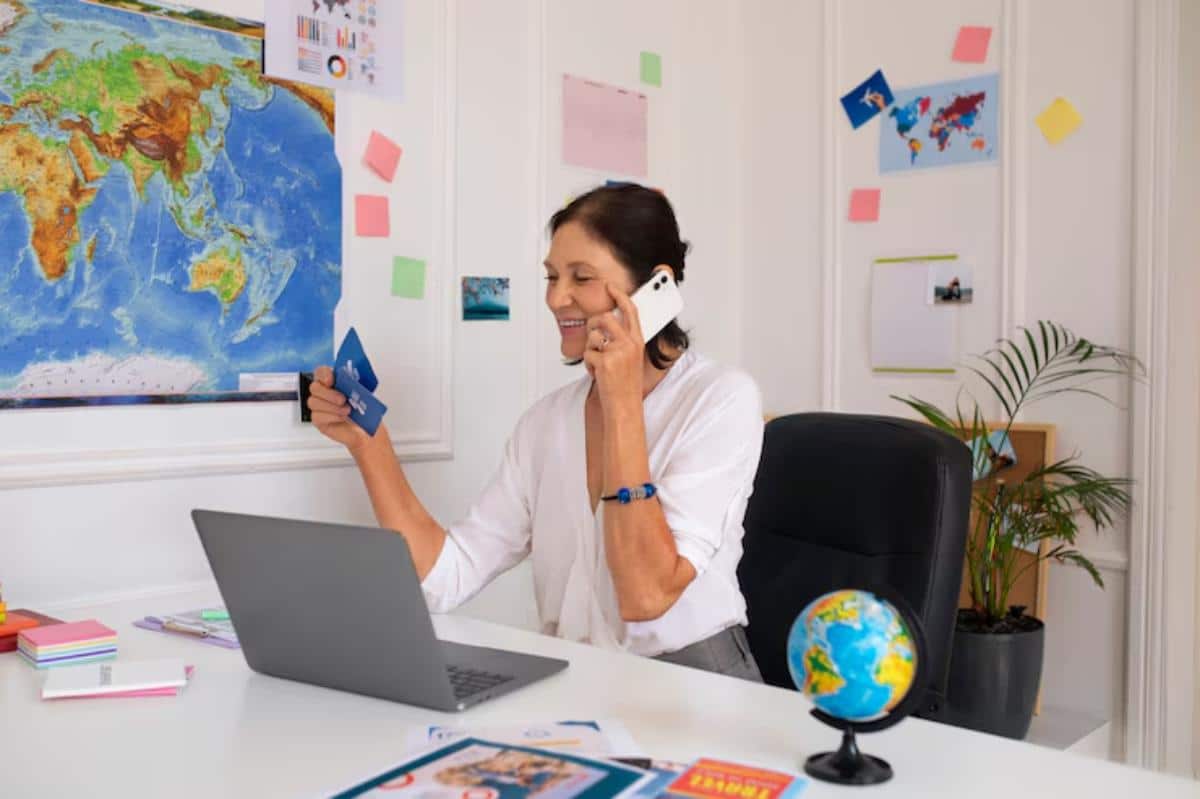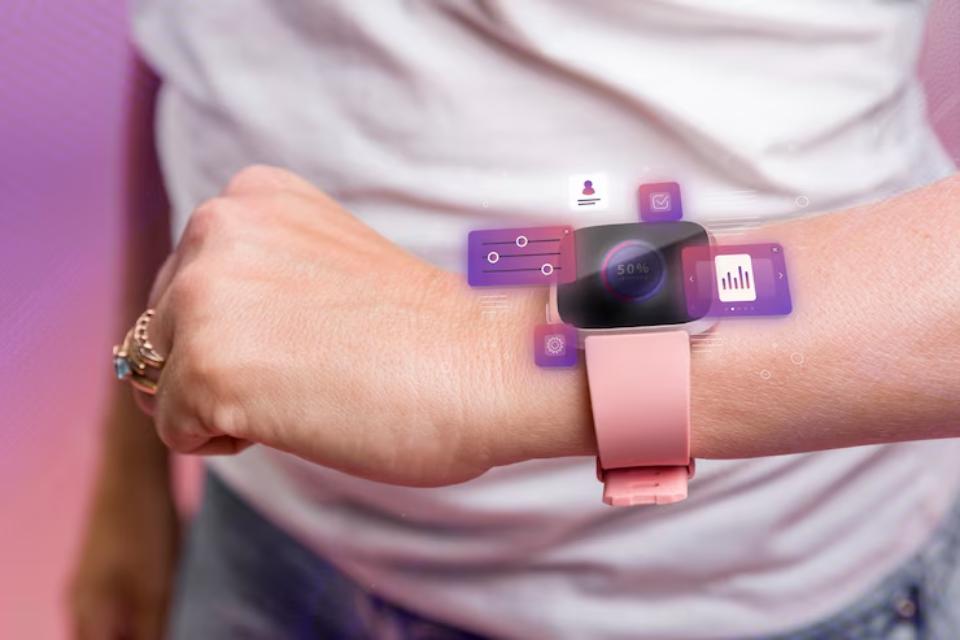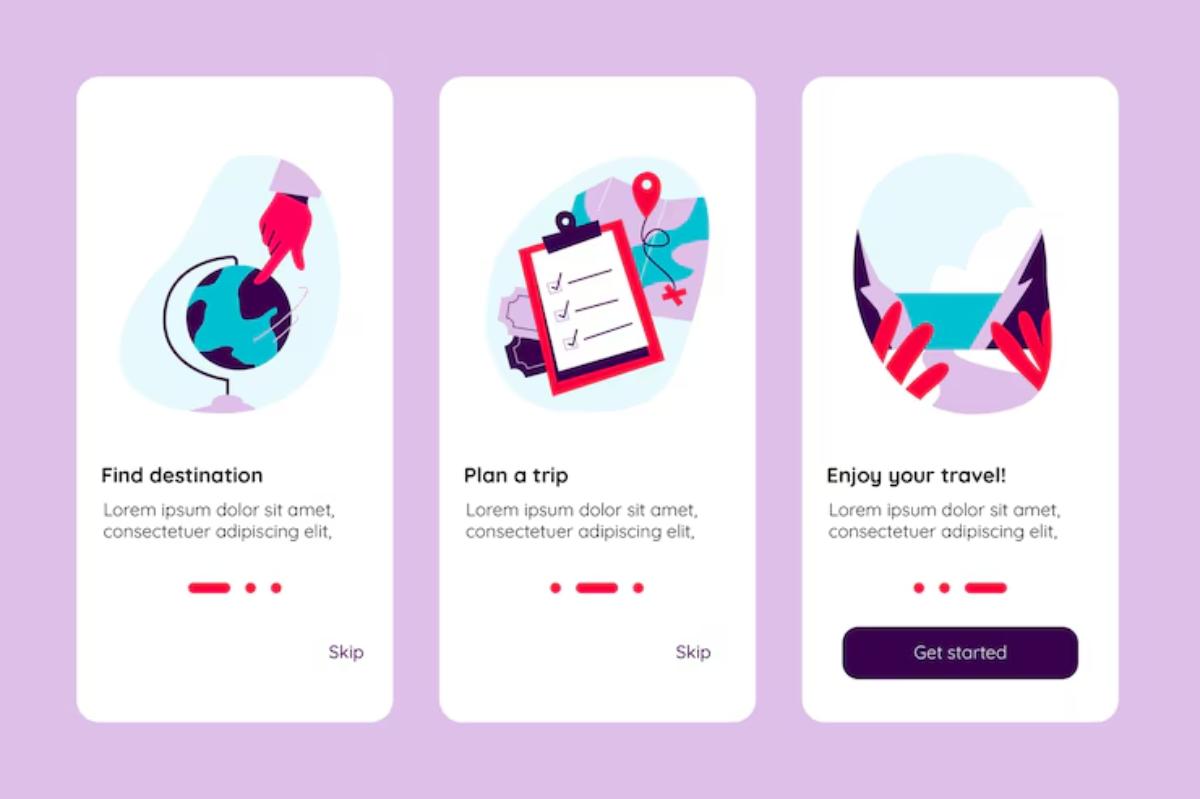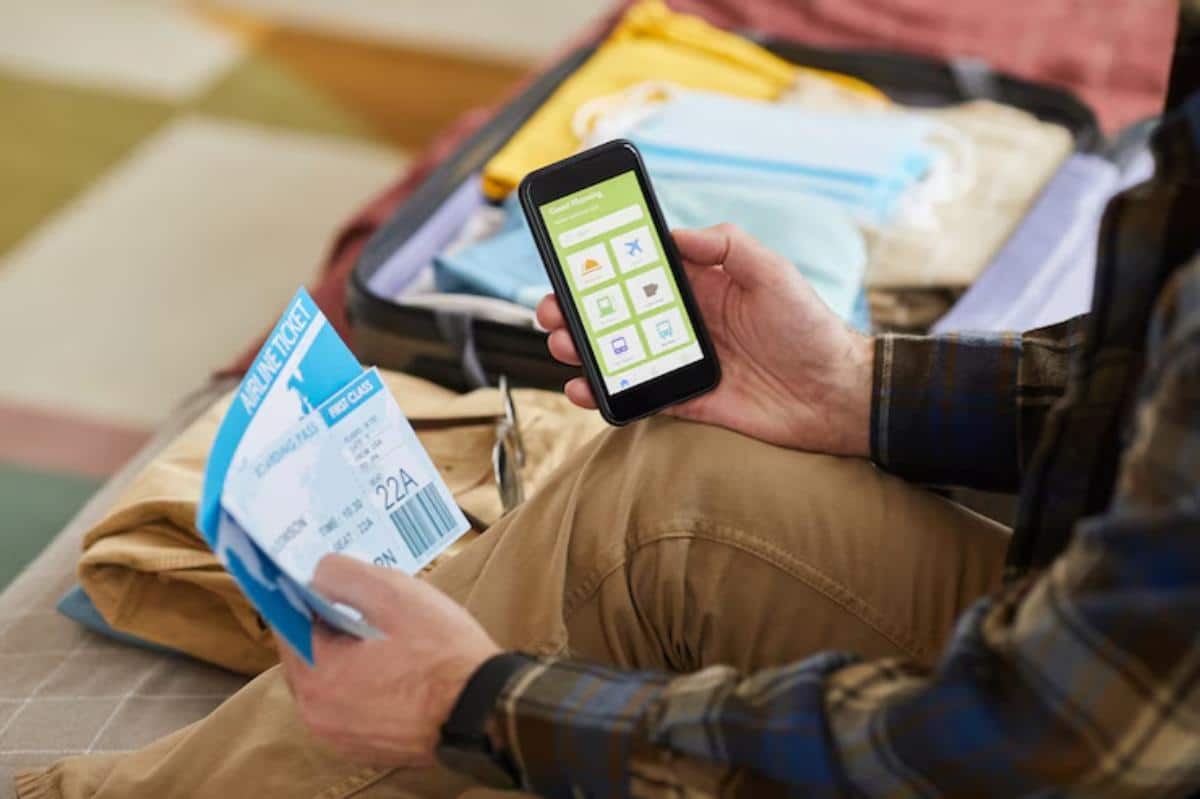
How to Communicate Effectively While Travelling Abroad
Travelling abroad opens the door to exciting experiences, but a language barrier can quickly turn adventure into frustration. Whether you’re exploring bustling cities or remote villages, strong communication skills will ensure your journey goes smoothly.
This guide explores practical travel communication tips, introduces helpful language tools, and highlights the best translation apps for overcoming barriers and enjoying hassle-free global travel.
Pro Tip: It’s not about fluency—it’s about making the effort to understand and be understood.
Quick Guide: Why Good Communication Matters When Travelling
- Avoids misunderstandings and confusion
- Enhances your safety and independence
- Builds rapport and trust with locals
- Helps with directions, dining, and transportation
- Enriches cultural exchange and learning
Important: Even basic words combined with friendly gestures can dramatically improve your travel experience.
Step-by-Step: How to Communicate Abroad With Confidence
Step 1: Learn Key Phrases Before Your Trip

Invest time learning basic words and phrases.
Essential phrases:
- Hello / Goodbye
- Please / Thank you
- Yes / No
- Excuse me
- I don’t understand
- Can you help me?
- Where is…?
- How much does it cost?
Quick Tip: Download flashcard apps like Anki or Quizlet to practise on the go.
Step 2: Download Reliable Translation Apps
Technology is your friend when language gets tricky.
Some of the best translation apps for travellers in 2025 include:
| App | Key Features |
| Google Translate | Instant text, speech, and image translation |
| iTranslate | Voice translation with offline mode |
| SayHi | Real-time conversation translation |
| Microsoft Translator | Group conversation features, phrasebooks |
Pro Tip: Download offline language packs so you’re covered even without Wi-Fi.
Step 3: Carry a Pocket Phrasebook as Backup
A paper phrasebook is invaluable if your phone dies or signal fails.
Benefits:
- No battery or connectivity needed
- Contains local etiquette tips
- Great for remote or rural areas
Quick Tip: Mark or highlight commonly used sections before departure.
Step 4: Practice Non-Verbal Communication
When words fail, your body language can speak volumes.
Universal gestures:
- Pointing to objects or maps
- Nodding or shaking your head
- Using thumbs-up or open-handed gestures
- Smiling warmly
Pro Tip: Research local gestures beforehand. Some signals mean different things abroad.
Step 5: Consider Wearable Language Devices

New tech is making live translation easier than ever.
Popular devices include:
- Pocket translators that convert speech instantly
- Smart earbuds that provide near real-time translation
Quick Tip: Trial these tools thoroughly before you travel. Not all devices work well with regional dialects.
Step 6: Speak Clearly and Slowly
The faster you speak, the harder you are to understand.
Do:
- Use short, simple sentences
- Pause between phrases
- Avoid slang or idioms
Don’t:
- Speak loudly as a substitute for clarity
- Get frustrated if you have to repeat yourself
For more practical guidance, check how to overcome language barriers while travelling.
Pro Tip: Slow and steady wins every communication challenge.
Step 7: Join Language Learning Communities
In preparation for your trip:
- Use apps like Duolingo, Memrise, or Babbel
- Watch TV shows, movies, and YouTube videos in your target language
- Join language exchange groups online (e.g., HelloTalk, Tandem)
Quick Tip: Even 15 minutes of daily study can dramatically increase your travel confidence.
Step 8: Save Important Contact Information
Prepare emergency phrases and addresses in both languages:
- Your hotel’s name and address
- Embassy or consulate details
- Local emergency numbers
- Key travel information (train stations, landmarks)
Pro Tip: Store paper copies and screenshots on your phone.
Step 9: Stay Calm and Patient
Misunderstandings will happen. Stay positive.
- Smile
- Apologise and try again
- Use pen and paper to write numbers or simple words
Quick Tip: Your friendly attitude can bridge the gap faster than perfect grammar.
Step 10: Respect Local Cultures and Customs
Communication isn’t just about words. Cultural awareness matters.
Examples:
- Bowing in Japan as a greeting
- Avoiding hand gestures in some Middle Eastern countries
- Not tipping where it is considered rude
Pro Tip: Read up on local etiquette before your flight.
Additional Travel Communication Tips
| Tip | Why It Helps |
| Download offline maps | Use for directions when language fails |
| Carry a hotel business card | Show taxi drivers if lost |
| Use contactless payment apps | Reduces the need for verbal interaction |
| Use translation apps subtly | Avoid distracting from face-to-face communication |
| Keep an emergency language cheat sheet | Quick access in tricky situations |
Common Mistakes to Avoid
| Mistake | Solution |
| Speaking loudly to compensate | Speak slower, not louder |
| Relying solely on apps | Always have a backup method |
| Using slang or colloquial phrases | Stick to simple, universally understood terms |
| Assuming everyone speaks English | Learn basics of the local language |
| Not preparing offline resources | Mobile signal may not be available everywhere |
Frequently Asked Questions
Can I travel without knowing the local language?
Yes. A combination of key phrases, translation tools, and non-verbal communication works well.
Are translation apps accurate?
They’ve improved greatly but aren’t perfect. Always double-check when possible.
What’s the best way to ask for help?
Approach with a smile, greet politely, and use simple language or show written details.
Can I use voice assistants abroad?
Yes, but they rely on data. Download offline language packs as a precaution.
Do gestures help?
Absolutely. Friendly gestures and a relaxed approach often resolve most misunderstandings.
Communicate With Confidence Wherever You Travel

Effective communication transforms travel. With these travel communication tips, combined with modern language tools and intuitive translation apps, you’ll be prepared for smoother, safer, and richer international experiences.
Be curious. Be prepared. Let every conversation become part of your adventure.


